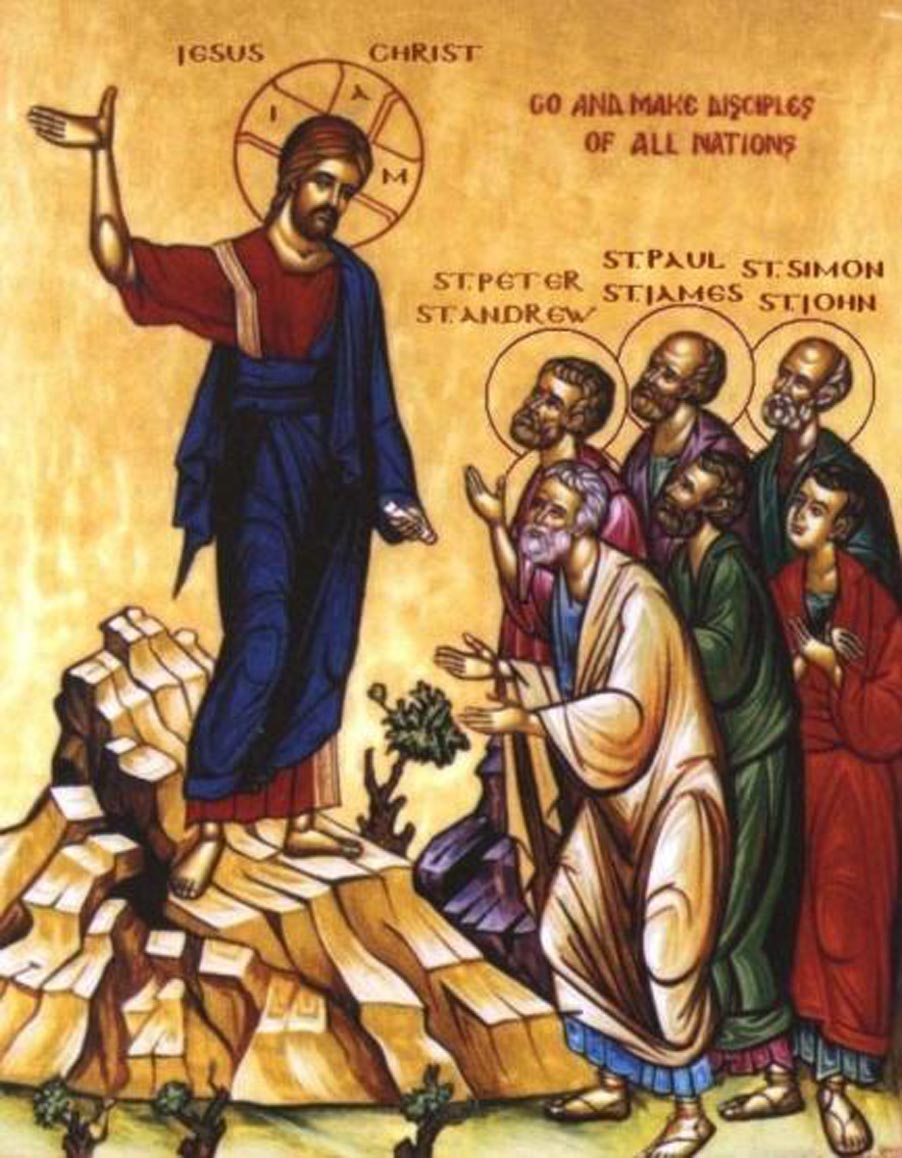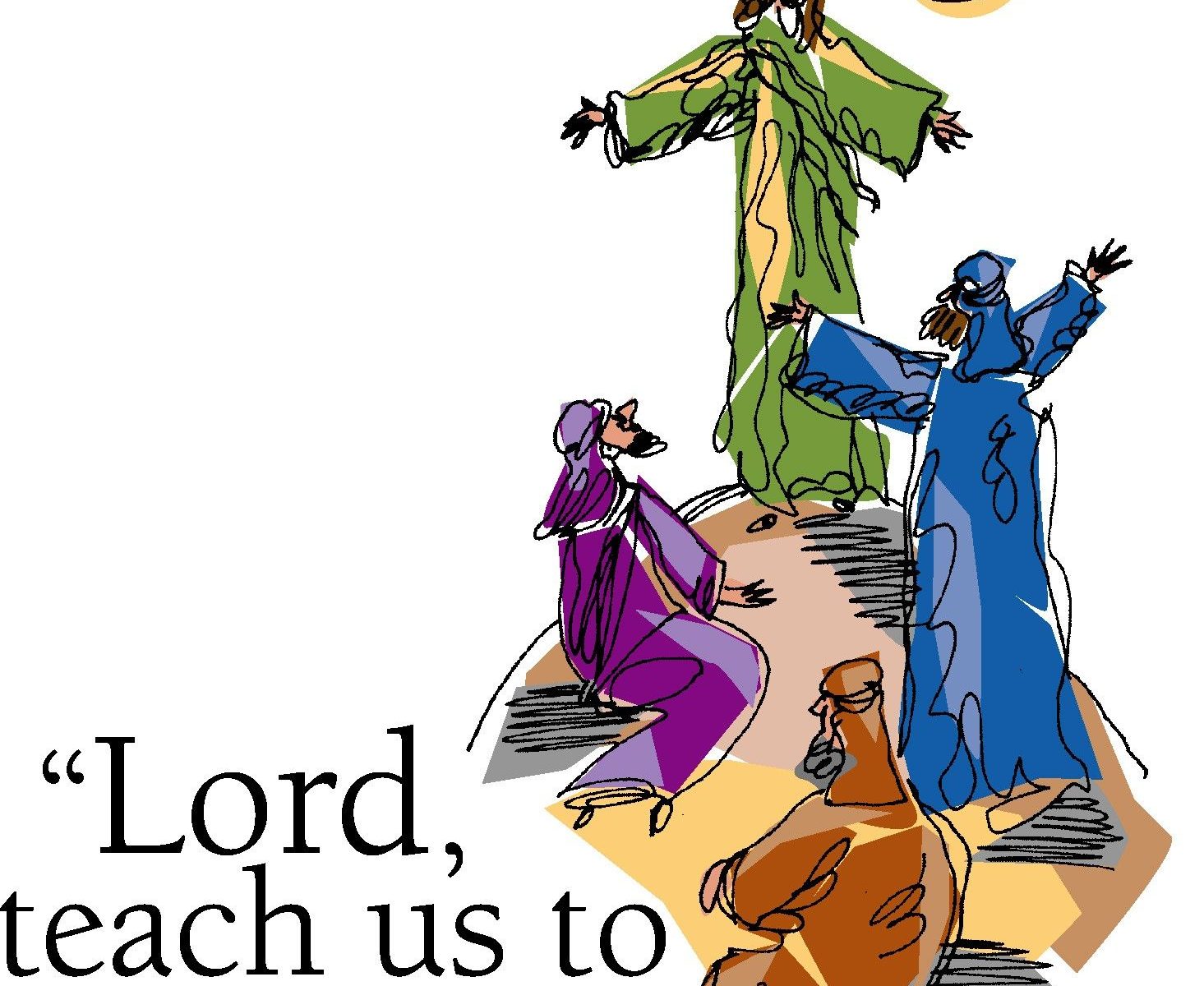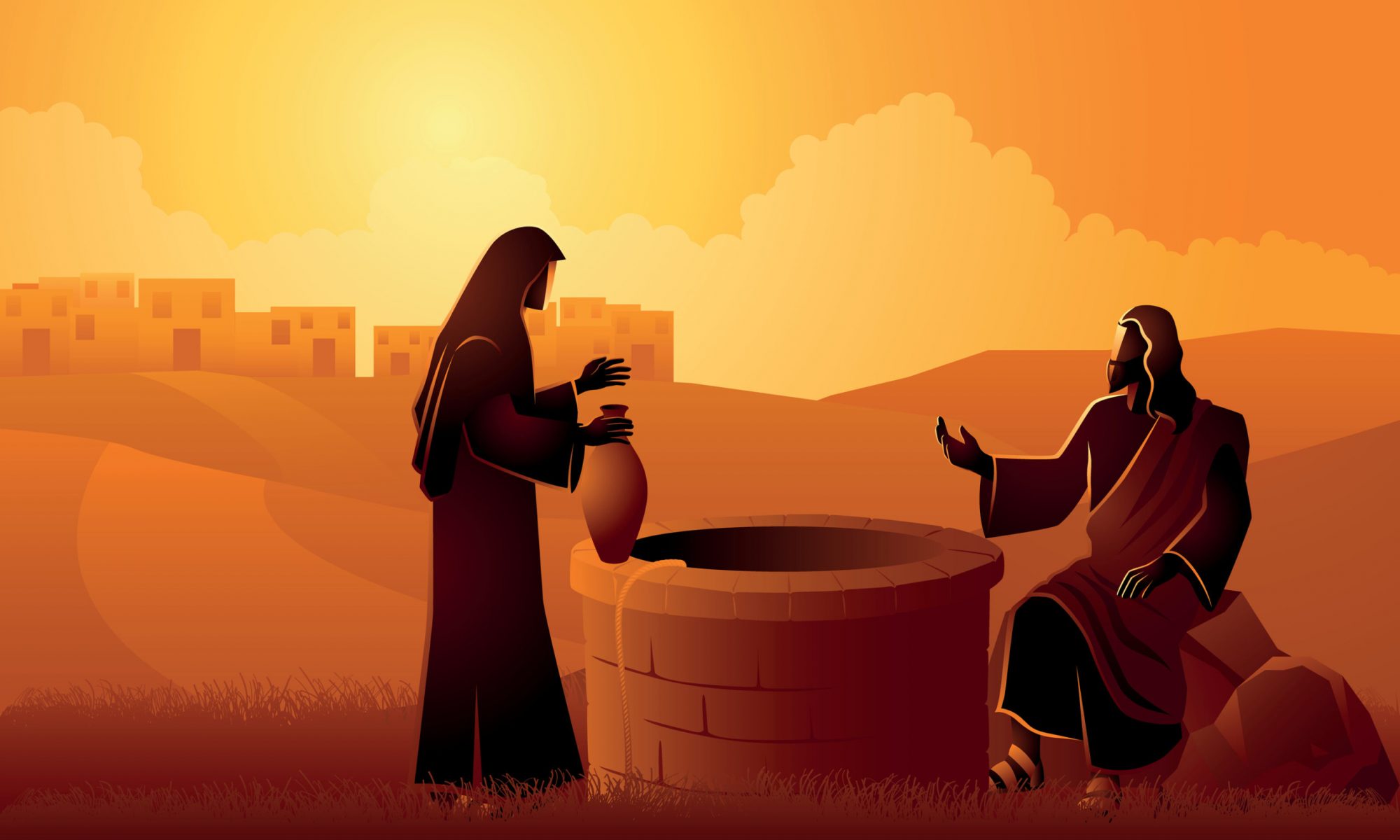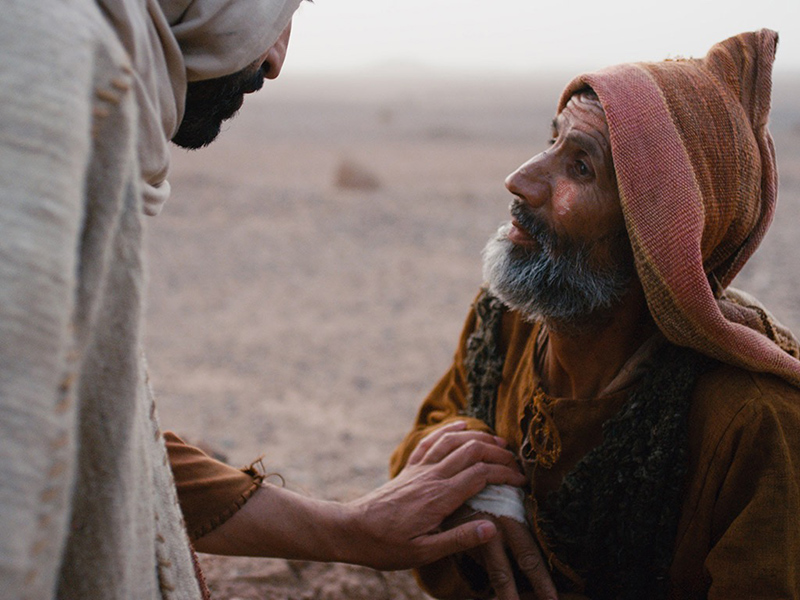Today, Bible scholars widely believe that the Gospel of Mark originally ended at Mark 16.8, rather than 16.20.[1] Agreement among biblical scholars about most questions is a hard to come by as consensus in the senate, so this is an odd state of affairs. To restate the basic assertion, the near-consensus view among New Testament scholars and specialists in the Gospels is that all the stuff in Mark 16.9-20 in your Bible is based on Greek written by somebody else rather than Mark, the author of the rest of the Gospel.[2] In fact, your Bible likely has a footnote, or brackets, or different font indicating this point.
While the issue quickly gets far more technical than what belongs on a blog like this, the basics are easy for any interested party to understand. In this post I will summarize (1) the basic lines of evidence, (2) a few possible explanations for what might have happened, and (3) give a few thoughts about what this means for those who believe the Bible is God’s word.
the evidence for how Mark ends
There are a variety of lines of evidence which support the conclusion that the Greek text written by Mark ends at 16.8. Here is a summary of the main evidence:[3]
- The material in vv. 9-20 doesn’t appear in our oldest and best manuscripts of the Book of Mark. Remember, there is no one single “Gospel of Mark” manuscript which contains everything and has no issues. When you read a bible translation, or even a Greek New Testament, you are reading a text which has been carefully assembled from the mountains of textual evidence we have in the form of handwritten manuscripts. The best manuscripts we have don’t have Mark 16.9-20.
- There are a few different endings in the manuscripts, which suggests that none of the ones we have are original to the Gospel.
- In the Greek text, the connection between v. 8 and any of the following different forms of ending—there are 3 or 4 different endings in the manuscripts—is really awkward. Your Bible likely smooths it over, but in the Greek v. 9 carries on as though Jesus were the person being talked about just before it, rather than the women. This suggests that Mark 16.9-20 was not originally written to be here at the end of Mark; rather, it was added later.
- The style of the Greek writing in Mark 16.9-20 differs from the rest of the Gospel. This suggests it was written by someone else.
- The information in vv. 9-20 reads like a compilation of resurrection appearances from the other Gospels summarized together. This point is a stronger argument the more one accepts the idea that Mark was the first Gospel written, as a majority of Gospel scholars believe today. It may have been. If Mark was written first, it shouldn’t end with a summary of information found in the other Gospels and Acts.
Far more could be said about any of these difficulties, but these and other lines of evidence have roundly convinced the world of New Testament scholarship that the Greek text of the Gospel of Mark did not originally include vv. 9-20 of chapter 16. While it is old, probably already around in some form in the 2nd century (that is the years AD 100-199), putting it among some of the earliest Christian literary evidence, it was not original to the Gospel of Mark.[4]
what happened to Mark’s end?
So, what happened to the end? Or was there an end? Bruce Metzger, one of the most influential modern scholars on the original text of the Greek New Testament, suggests the three obvious possibilities:[5]
(1) Mark intended to end the Gospel here, (2) the Gospel was never finished, or (3) there was an original ending, but it was lost before the Gospel manuscript was copied.
More and more scholars are arguing for (1), that Mark intended to finish the Gospel at what we call Mark 16.8. That is certainly possible. The main argument against this is that the Greek of Mark 16.8 ends in a very abrupt and unusual manner. Further, the storyline of the Gospel anticipates a resurrection and Jesus meeting with the disciples again after resurrection.
I have personally never come across someone who argues (2), but it is logically possible.
Finally, it is possible that the original copy of the Gospel of Mark had a different ending and it was lost or damaged somehow before copies were made (or very early in the copying process). The multiple different endings which we see in the different manuscripts suggests that even in ancient times people felt the Gospel did not really end at what we now call Mark 16.8. If the Gospel of Matthew is based closely on the Gospel of Mark—as many scholars believe—then the ending of Matthew may very well testify something about the original ending of the Gospel of Mark, assuming there was one.
And that is the difficulty. What we can be very confident of is that Mark 16.9-20 was not written by the same person who wrote the rest of the Gospel. When we try to answer the question why that is or how it came to be, we are on speculative grounds.
What to do about how Mark ends
Rather than trying to explain all of the technical details, I want to take a minute to contemplate what we should think about how Mark ends. That Mark likely had a different ending than what is in our Bibles today is interesting as a statement of history, but raises many difficulties for those who confess the Bible as God’s word to humanity. How do we handle the reasonable conclusion that Mark 16.9-20 was not part of the original Gospel of Mark?
We can briefly think in terms of two different issues: the authority of scripture and the usefulness of scripture.
The authority of Scripture
Undoubtedly the text as it stands at the end of Mark is old, and most Christians for most of history have read it as the end of the Gospel of Mark, that is, as Scripture. If we are convinced that Mark 16.9-20 was not original to the Gospel, should we read it today as authoritative scripture?
To answer this question requires us to grasp an important point from the history of the various books of the Bible which hides in plain sight. When Christians talk about Scripture, we usually are referring to what we could more precisely call the canonical form of Scripture. The canonical form refers to all the books of the Bible (together call the canon) and to the particular form of the book which we have in the canon.
This second point may seem trivial until we observe that many of the biblical books show evidence that the canonical form is not the only form they ever existed in. Many of our books of the Bible we’re written in a variety of forms and what we have is not what was first written. Now let me carefully nuance that with two examples from the OT: Jeremiah and Genesis.
Two examples of canonical form
In Jeremiah 36 we read a brief story of how the prophet Jeremiah sent a scroll of his prophecy to King Jehoiakim. King Jehoiakim was less than thrilled with the prophecy. He made his displeasure clear by slicing the scroll up and burning it. Towards the end of Jeremiah 36, Jeremiah has Baruch, his scribe, write the scroll of his prophecy again.
This brief account from Jeremiah 36 tells us that Jeremiah had a written form of his prophecies that’s different than the final form of the written book of his prophecies. He still had years of prophetic ministry left to go. Yet even before it was done, his words were meant to be heard/read by King Jehoiakim as a message with divine authority. The scroll he sent was authoritative but it was not the canonical form of the book/scroll of Jeremiah.
As a second example, consider briefly Genesis 14.4:
When Abram heard that his relative had been taken captive, he called out the 318 trained men born in his household and went in pursuit as far as Dan. (ESV)
This verse appears unremarkable, and in most respects it is. But, if you ponder closely your biblical history, you may remember that when Abram/Abraham was alive, there was no tribe of Dan. Dan was one of his great-great-grandsons, born after his death. Thus, there was no geographic location “Dan” in the land latter to be called Israel that Abram and his 318 trained men to could go to.[6]
What does this show us? At some point, the text of Genesis was “updated” to reflect later geographical names not part of the original text.[7]
The point of these two brief side notes—and more could be added—is just to remind us that already within our Bible we have indicators that sometimes other people finish writing or updating a book in the Bible. We have the canonical form, which is not necessarily identical with the form exactly as written by the original author. The canonical form is the book we hold to.
The key to take away in the question of whether it is authoritative scripture or not is this: whether we ultimately accept it as such or not, it doesn’t add anything that we don’t know from elsewhere or that is inconsistent with the message of God to his people through his word.
The usefulness of Scripture
A second consideration is the usefulness of scripture. As I’ve already noted, the on the regional longer ending of Mark doesn’t really add anything that we don’t know from elsewhere. The one curious exception is 16.18:
18 they will pick up snakes with their hands; and when they drink deadly poison, it will not hurt them at all; they will place their hands on sick people, and they will get well.”
This is the verse that the “snake-handlers” appeal to to justify their practice of playing with deadly snakes as a show of faith. First, it need not mean anything like that…and it certainly does not call for followers of Jesus to go out of their way to hold snakes or drink deadly poisons. Second, it is possible that this verse, along with verse 17, is a sort of poetic summation of events from the book of Acts: Paul gets bitten by a poisonous snake without dying and the Apostles in Acts heal lots of people. Since the rest of the material in vv. 9-20 appears to be summations of events recorded in the other Gospels, this is not a bad suggestion.
More significantly, though, Mark 16.9-20 do doesn’t add any information about God’s aims and intentions for his people through Jesus that we don’t see elsewhere. So, is it useful? Yes, it can be. Whether we accept it and use it as scripture or not, it is good and useful, as the church throughout history has testified.
summary of using Mark as Scripture
What reverence and authority should we give Mark 16.9-20? Both our instinct to read the rest of what’s in our Mark chapter 16 and our instinct to stop reading at verse eight of Mark 16 find precedent in the long history of the church. I am personally inclined to say that we should not consider Mark 16.9-20 as part of the Gospel of Mark. But, more significantly than that conclusion, we recognize that it does not make any significant difference. The verse there can be useful; they may be authoritative. Whichever way we land on how we receive them, they are a beneficial part of the tradition of the church across the centuries which can be read with profit as the ending of the Gospel of Mark. That is how most people have read them throughout the ages, and how lots of people will continue to read them.
[1] There are very few things in the world of biblical studies which command close to universal assent, and the conclusion that the Greek text of Mark ends at 16.8 is one of those, as France notes R. T. France, The Gospel of Mark: A Commentary on the Greek Text, The New International Greek Testament Commentary (Grand Rapids: William B. Eerdmans, 2002), 685.
[2] Following the traditional identification of the Gospel author as Mark, probably John Mark, the traveling companion of both Paul and Peter.
[3] These points are a streamlined version of the lines of argument which can be found, in varying degrees of detail, in Mark L. Strauss, Four Portraits, One Jesus: An Introduction to Jesus and the Gospels (Grand Rapids: Zondervan, 2007), 194, Figure 7.9; Andreas J Köstenberger, L. Scott Kellum, and Charles L Quarles, The Cradle, the Cross, and the Crown: An Introduction to the New Testament (Nashville: B & H Academic, 2009), 239; Bruce M. Metzger, A Textual Commentary on the Greek New Testament, Second Edition (Stuttgart: Deutsche Bibelgesellschaft, 1998), 103–6; France, The Gospel of Mark: A Commentary on the Greek Text, Appended Note.
[4] No doubt, the material is old. France indicates there is some evidence putting the longer version of the ending in the 2nd century, which would make it some of our earliest extant non-canonical Christian literature. France, The Gospel of Mark: A Commentary on the Greek Text, 687–88.
[5] Metzger, A Textual Commentary on the Greek New Testament, 103–6.
[6] One could argue that when Moses wrote, the land was “as good as divided” and he wrote from a later perspective. But Moses was dead when the land was apportioned, so this is weak. Of course, God could have prophetically shown him the boundaries of a later date. While we hold that as theoretically possible, it raises further difficulties—like why various authors of Scripture write with grammatical errors and different styles. Also, that various books contain reports of the death of their authors suggest that they were at the very least touched up by a subsequent writer.
[7] There are many more examples of this sort of updating in the book of Genesis. We could also add that all of the early books of the OT would have been written in a different form of Hebrew than we have them, at the very least because Hebrew was written in the paleo-script rather than the square script. Also, the general degree of standardization within OT Hebrew suggests that there was some “updating” of the language in the texts over the years.




